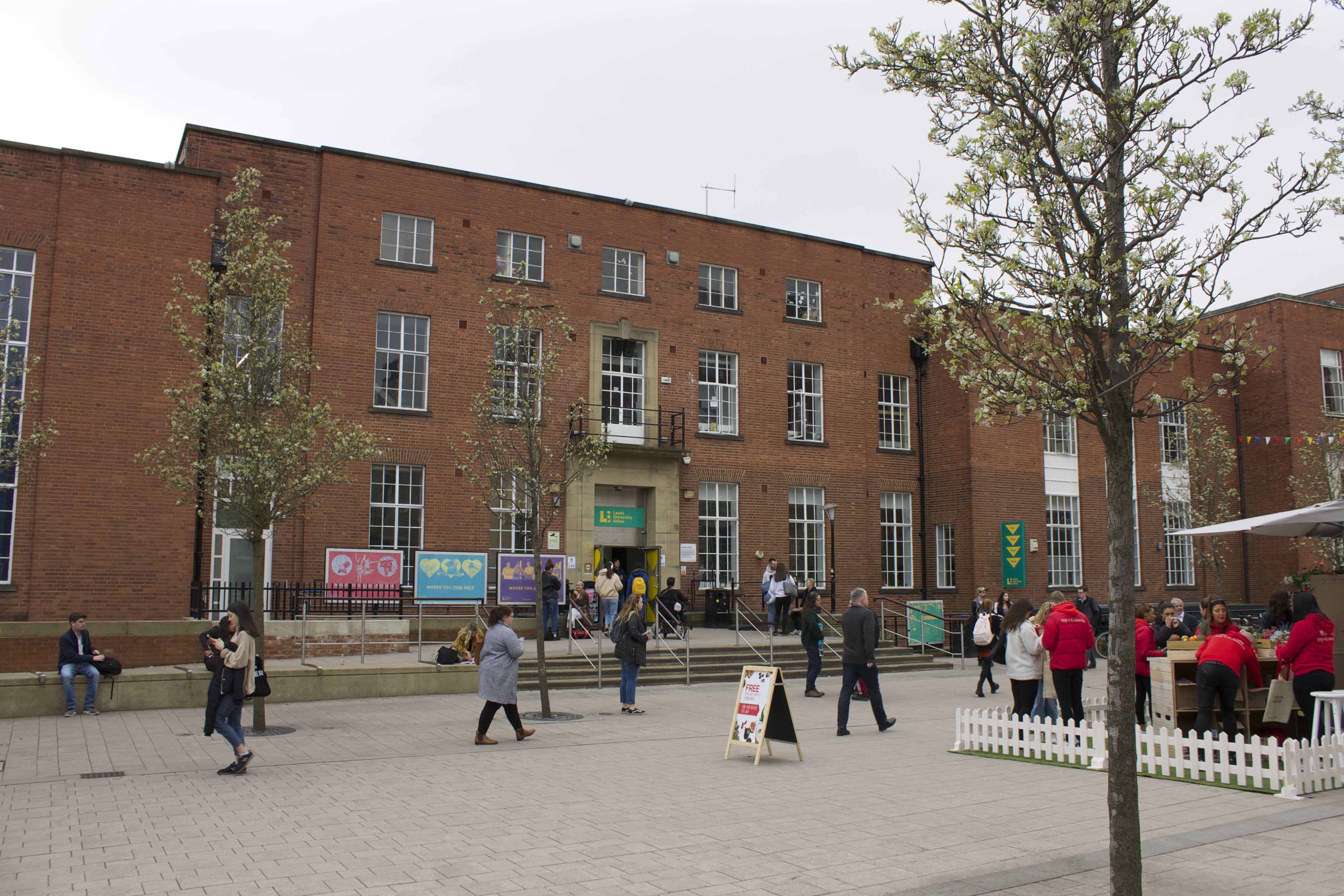Of the 504 staff members who work at Leeds University Union, at least 369 of them are paid at an hourly rate that is below the ‘Real Living Wage’.
Almost three quarters of staff working at Leeds University Union are paid below the ‘Real Living Wage’. The Real Living Wage in the UK is currently £9.00, although this figure grows to £10.55 for those who live in London.
In comparison, Leeds University Union currently pays 231 weekly staff members an hourly wage of £7.38 (£7.83 for 10 staff members over the age of 25), as is legally required by the government-set National Minimum Wage and National Living Wage. Although these figures will increase to £7.70 and £8.21 respectively as of April 1st 2019, in line with the updated government rates, these new wages will still fall well below the Real Living Wage.
The Real Living Wage is a voluntary and independently-calculated wage rate based on the cost of living, unlike the government’s compulsory National Living Wage, which is based on a target to reach 60% of median earnings by 2020.
As such, it is up to an employer’s discretion whether they wish to pay their staff the Real Living Wage.
Although Leeds University Union is a registered charity, there are some staff members who believe the Union should do more to support its staff. One current weekly employee of LUU told The Gryphon:
“There’s one argument that the Union is a charity but, in my opinion, they also consistently sell themselves as an ethically-minded Union that is run by students, for students, and as such they should be looking after their weekly staff, most of whom are students.”
In response to this criticism, an LUU spokesperson said:
“Currently, LUU pays all staff the higher rate minimum wage as standard (usually only applied to workers over the age of 21), as we believe this is fair for staff in the same role. Those staff who are over 25 benefit from an increase on this in line with the legal requirements.
“Alongside this basic pay, LUU staff also benefit from discounts in LUU outlets, social events and free event tickets. We have extensive training and development which is open to all staff, and we do a lot to support our staff wellbeing such as putting on a dedicated ‘space to relax’ for our team during exam periods. Our weekly paid satisfaction has reached 85% in this year, so we are confident that our staff are happy working at LUU.”Story continued on page 6.Story continued from front page.

Launched in 2001 by Citizens UK and the Living Wage Foundation, at least 4,700 employers in the UK have since committed to paying all their employees the Real Living Wage, including companies such as Google, IKEA, Nationwide, Oxfam and Heathrow. Research published by accountancy firm KPMG in November 2018 found that over a fifth of jobs in the UK pay less than the Real Living Wage.
There are six pay grades for weekly staff at Leeds University Union: Ai, Aiiii, B, C, D and E. Only Grade E staff at LUU get paid a wage which is equal to or higher than the Real Living Wage. However, at current, there are zero Grade E staff members at LUU. All monthly staff at LUU receive salaries which exceed the Real Living Wage, apart from those on a Grade 1 pay scale, whose annual salaries equate to less than £9 an hour.
A former weekly staff member of LUU spoke to The Gryphon about the pressures they faced while working at their Students’ Union:
“I loved working at LUU because it had such a great community feel and you really felt like you were benefitting students at Leeds. But at the end of the day, working a limited amount of hours at the Union each week wasn’t enough to cover my living costs as a student who received very little financial aid outside of my student loan.”
Despite these concerns, LUU is confident that there are plenty more benefits to working at the Union than there are drawbacks, with an LUU spokesperson saying:
“As a charity and membership organisation, LUU is always seeking to best serve our members. We know a priority for students is value, and we can only continue to provide that by managing costs effectively. That doesn’t mean we don’t seek to improve our offering to our student staff, and in our most recent pay increases we weighted the distribution so that staff on lower grades of pay received a larger percentage increase than those on higher rates of pay.
“On balance, while we recognise the ethical positives of working towards paying the living wage, we are always considering this against the range and quality of services we can continue to offer to our members. We also want to continue offering as many employment opportunities as possible, delivering skills and experience to our members in line with our aim to prepare students for their future.”
With a recent study showing that 1 in 10 students turn to sex work in order to fund their studies, it is clear that the increasing number of additional financial pressures students are facing at university is making it even harder for working students to get by without a ‘real’ living wage.
Edit: The National Student Money Survey showed that 1 in 10 students “turn to gambling, adult work or drug trials” to fund their studies. 3% turn to adult work.

